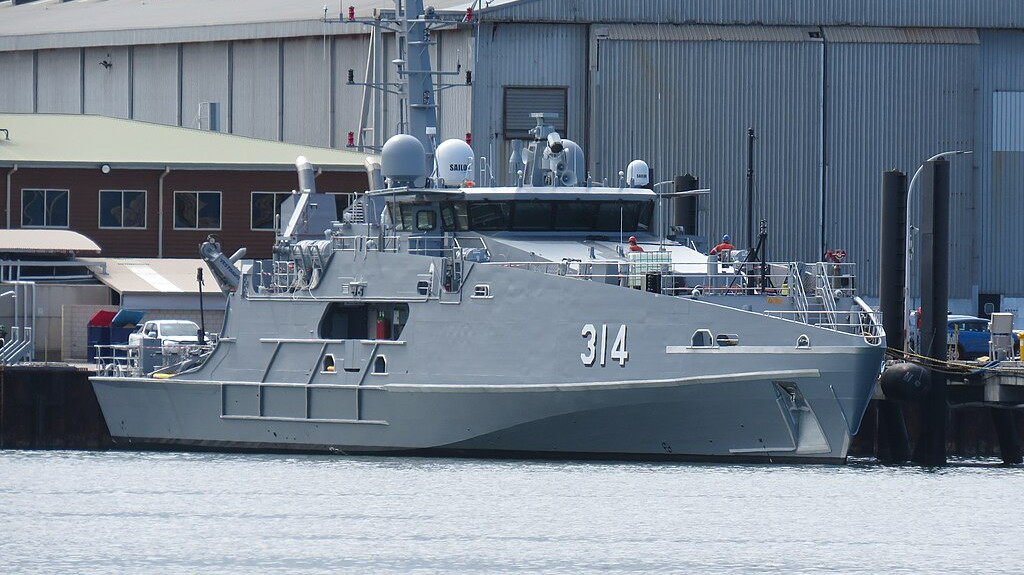Australian listed shipbuilder Austal is set to expand its US production capacity after securing a significant contract from General Dynamics Electric Boat.
The $450 million (A$670 million) contract supports the US Navy's submarine production program and will lead to the construction of a new facility at Austal's Mobile shipyard in Alabama, with completion expected by 2026.
This expansion is part of the US Navy's goal to produce one Columbia-class and two Virginia-class submarines annually. The Virginia-class program is crucial for meeting the US Government’s commitment to the AUKUS agreement with Australia.
The contract comes in addition to the $1.4 billion worth of new contracts Austal secured in the US during FY24, bringing the company’s total work in hand to over $13.3 billion. The new facility will enhance Austal USA’s infrastructure by introducing a module fabrication and outfitting facility, creating around 1,000 jobs.
Austal CEO Paddy Gregg highlighted that the contract reinforces Austal USA's growing partnership with General Dynamics Electric Boat and underscores the company’s role as a key industry partner for the US Navy’s submarine program. "General Dynamics Electric Boat has recognized that Austal USA is a reliable partner for delivering high-quality components for Virginia- and Columbia-class submarines," Gregg said.
The Virginia-class nuclear-powered attack submarines, with an estimated cost of about $4.5 billion (A$6.7 billion) each, face production challenges due to workforce and supply-chain issues. A recent US Congressional Research Service report indicated a shortfall in production rates, but efforts are underway to increase output to two boats per year by 2028.
Despite a slight dip in revenue from its US division—falling to $1.17 billion from $1.23 billion in FY24—Austal reported a net profit after tax of $14.9 million, a turnaround from the previous year's loss of $13.8 million.
The decline in US revenue was attributed to a shift towards design phase work and lower construction activity. Austal’s Australasian division saw a decrease in revenue, affected by fewer commercial contract awards and delays in government contracts.
